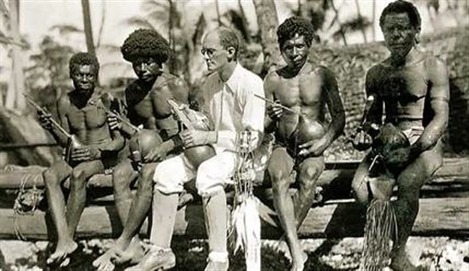A new (order) Ukraine? Assessing the relevance of Ukraine’s far right in an EU perspective
Friday, February 28, 2014
No comments
by Cas Mudde
The Euromaidan ‘revolution’ will undoubtedly remain one of the key political events of 2014. Most domestic and foreign observers were completely taken by surprise by the events that followed President Viktor Yanukovych’ decision not to sign an integration treaty with the European Union (EU) in November 2013. While the initial demonstrations in downtown Kiev were somewhat expected, few had ever thought that they could spiral so out of control that, just 3 months later, a democratically elected government with one of the most popular politicians in the country was forced out of power.
Euromaidan has also been interesting in terms of the propaganda battle that has been fought in the traditional and social media. As is now standard for ‘revolutions’ in the twenty first century, activists were quick to set up several Facebook pages, Twitter accounts, and other websites to provide their own positive view of the ‘revolution,’ countering the negative reports from the official Ukrainian media and, particularly, the largely Kremlin-controlled Russian media. They were very successful in disseminating their message, in part through networks of sympathizers in the west (including Ukrainian émigré communities in North America and post-Soviet scholars across the globe).
Euromaidan has also been interesting in terms of the propaganda battle that has been fought in the traditional and social media. As is now standard for ‘revolutions’ in the twenty first century, activists were quick to set up several Facebook pages, Twitter accounts, and other websites to provide their own positive view of the ‘revolution,’ countering the negative reports from the official Ukrainian media and, particularly, the largely Kremlin-controlled Russian media. They were very successful in disseminating their message, in part through networks of sympathizers in the west (including Ukrainian émigré communities in North America and post-Soviet scholars across the globe).




























